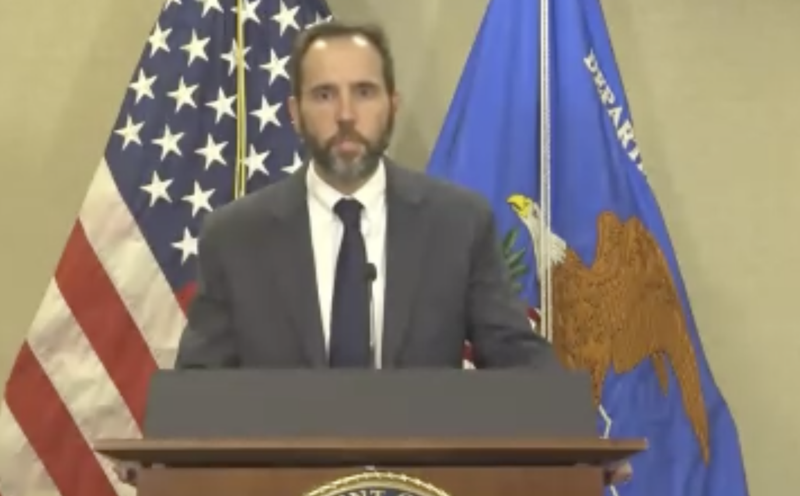The federal court’ electronic filing system struggled early Friday to display documents after a judge released Jack Smith’s 1,889-page appendix to his presidential immunity argument.
Judge Tanya Chutkan ordered the release of the appendix over concerns from former President Donald Trump’s defense team in the Washington D.C. election interference criminal case.
The judge said that Trump’s request to delay releasing the documents before the election would amount to the appearance of election interference, a phrase Trump has employed over the past year to describe anything he sees as unfair.
“As a result, it is in fact defendant’s requested relief that risks undermining that public interest: If the court withheld information that the public otherwise had a right to access solely because of the potential political consequences of releasing it, that withholding could itself constitute – or appear to be – election interference,” she wrote in her decision Thursday. “The court will therefore continue to keep political considerations out of its decision-making, rather than incorporating them as Defendant requests.”
The Public Access To Court Electronic Records system, called PACER, couldn’t immediately produce Smith’s documents. A variety of error messages appeared on the service as it struggled to recover the documents under intense public scrutiny.
Trump pleaded not guilty last year to federal charges that he engaged in a “criminal scheme” to overturn the results of the 2020 election. In September, Trump again pleaded not guilty to a superseding indictment that was changed to address the U.S. Supreme Court’s July ruling on presidential immunity.
Smith and Trump’s defense team remain at odds over how the case should proceed after the Supreme Court ruling found that presidents are protected from prosecution for official acts while in office.
The high court ruled that presidents and former presidents of the United States have “absolute immunity” when acting on core constitutional duties and “presumptive immunity” on other matters. The court said unofficial acts are not protected.






